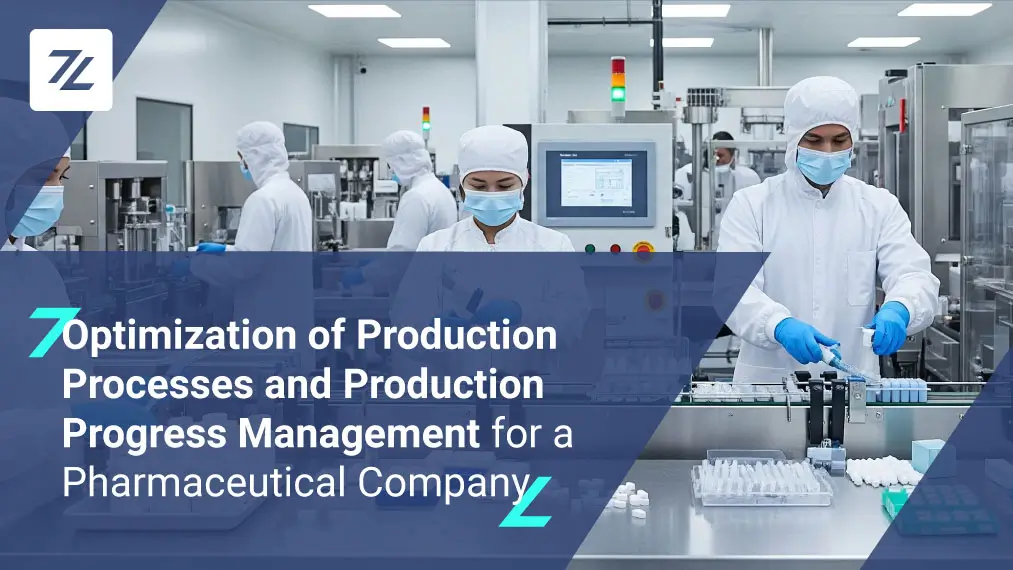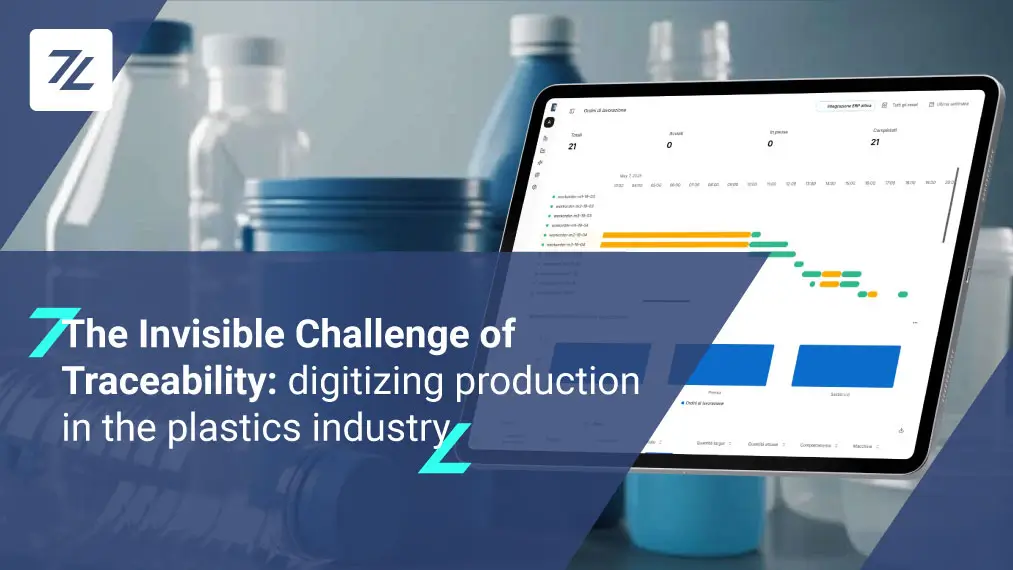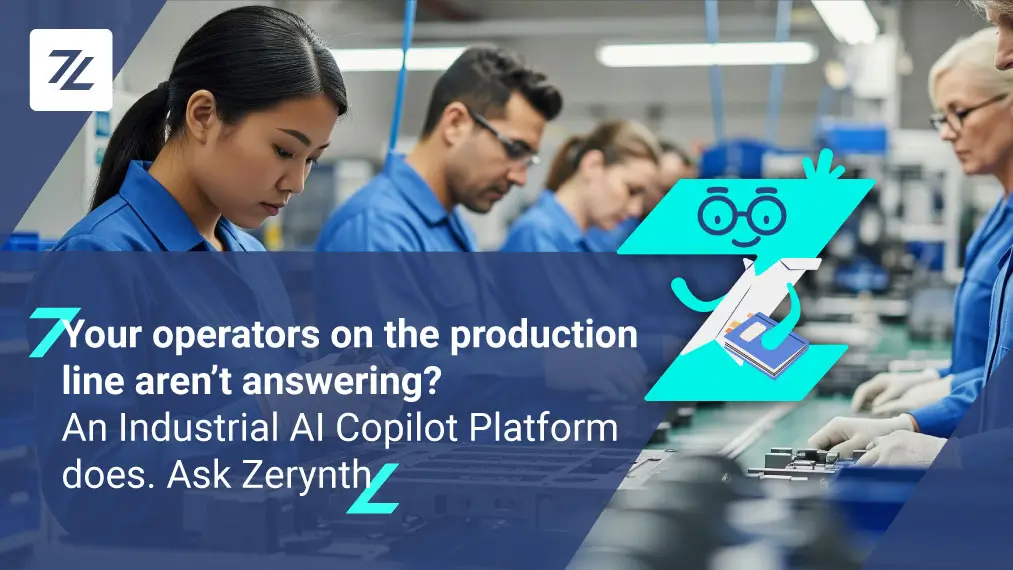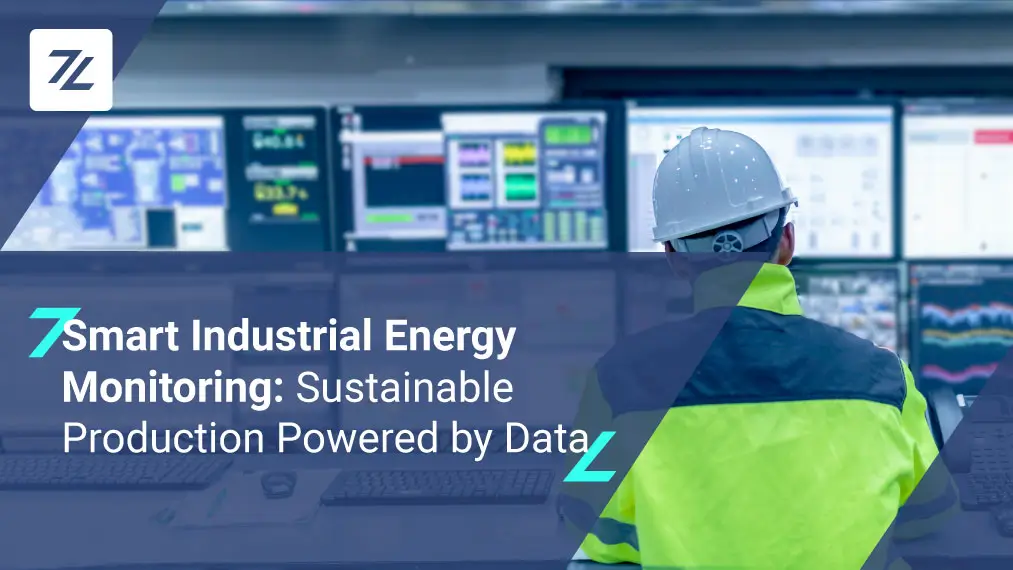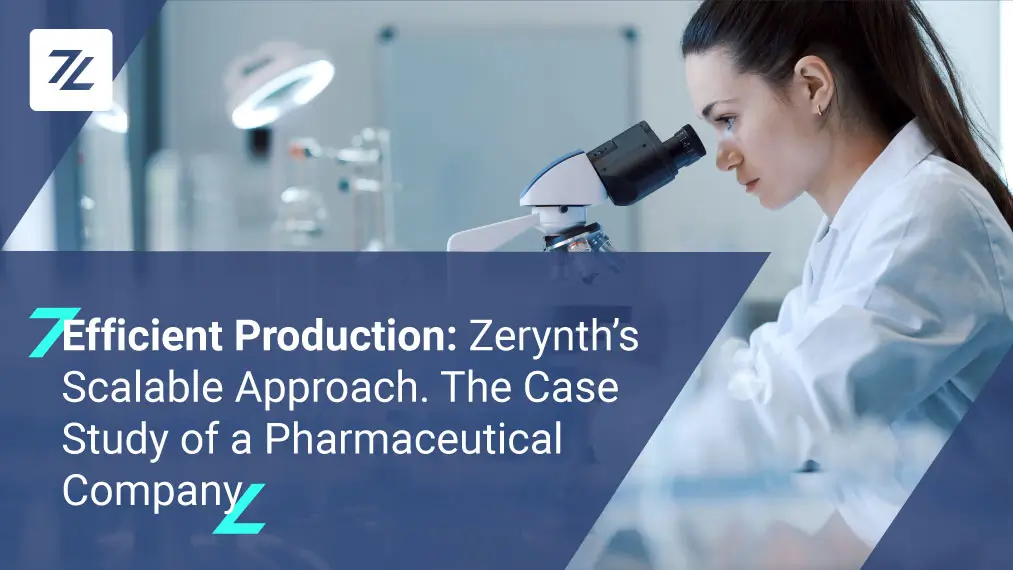The European Commission has recently approved the Italian proposal to modify the National Recovery and Resilience Plan (NRRP) by integrating RePowerEU, allocating a significant budget of 6.3 billion euros to the Transition 5.0 Plan.
This new plan introduces targeted incentives to promote energy efficiency, self-consumption from renewable sources, and training in the industrial sector. The transition from Industry 4.0 to Industry 5.0 is gradually affecting Italian businesses, as they strive for sustainable solutions in the complete digitization of their facilities and production processes.
The new state incentives undoubtedly represent a significant stimulus for industries. In this article, we describe the latest developments on this topic and explain why relying on Zerynth is essential to embark on this journey.
Details of the Transition 5.0 Plan
Transition 5.0 represents the shift from an industrial model based on fossil fuels to a circular and sustainable one, promoting recycling and the use of renewable sources. In contrast to Industry 4.0, this approach focuses on the integration of technology and sustainability-oriented strategies.
The Transition 5.0 Plan will be divided into three modules, each focusing on a key aspect of the ecological transition:
- Energy Efficiency (Module “Energy Efficiency”): 3.78 billion euros will be allocated to promote investments aimed at improving energy efficiency in production processes.
- Self-consumption and Self-production (Module “Self-consumption and Self-production”): with a budget of 1.89 billion euros, this module will support the purchase of goods necessary for self-consumption from renewable sources, excluding biomass.
- Training (Module “Training”): 630 million euros will be dedicated to incentivize personnel training in skills required for the green transition, representing 10% of the total plan.
Incentives and Tax Benefits
The Transition 5.0 Plan provides tax credits related to expenses incurred between January 1, 2024, and December 31, 2025. Companies investing in tangible or intangible 4.0 instrumental assets, self-consumption from renewable sources, and training for the green transition can benefit from these incentives.
Investments must demonstrate measured results in terms of energy efficiency or energy savings, with incentive rates increasing based on the improvements achieved.
Double Certification and Monitoring
An innovative aspect of the Industry 5.0 and NRRP plan is the requirement for double certification. Projects must be certified “ex ante” by an independent evaluator, attesting their compliance with eligibility criteria related to the reduction of total energy consumption.
Subsequently, an “ex post” certification will confirm the actual implementation of investments. 1% of the total budget will be allocated to developing a computer platform to manage certifications, facilitate data evaluation, and monitor activities.
Zerynth Platform Apps for Industry 5.0
In this context of industrial evolution and transition towards energy efficiency, Zerynth emerges as a key figure for complete 5.0 digitization.
By leveraging the Zerynth Platform, it’s possible to easily and intuitively monitor all machinery and factory departments on your shop floor, control their performance in real-time, reduce energy costs, and manage maintenance.
Machine Monitoring
Simply by installing the Machine Monitoring App, you can meet the minimum requirements to access Industry 5.0 incentives as outlined in the PNRR. By monitoring energy usage, identifying inefficiencies, you can access real-time insights, receive smart reports on machinery utilization, and obtain data on alarms and energy consumption.
Specifically, you can gather information on:
- Machine usage trends
- Work hours for each machine in the specified period
- Average monthly working time for each machine
- Distribution of alarms
- Distribution of working hours per machine.
- Machine usage and performance
Production Insights & Production Tracking
By calculating the energy cost per produced item, the Production Insights App also allows compliance with the minimum requirements for accessing sustainability certifications.
Moreover, Production Tracking enables an objective assessment of the energy costs associated with individual production batches and specific processes. This is crucial for identifying sources of inefficiency that impact the energy balance and sustainability.
Zerynth is ready to train company personnel in the use of data generated by Industrial IoT to optimize processes. For further information, you can visit our courses page or book a demo with our IoT Experts.
Share This Story, Choose Your Platform!
Follow Zerynth on
Latest Posts
